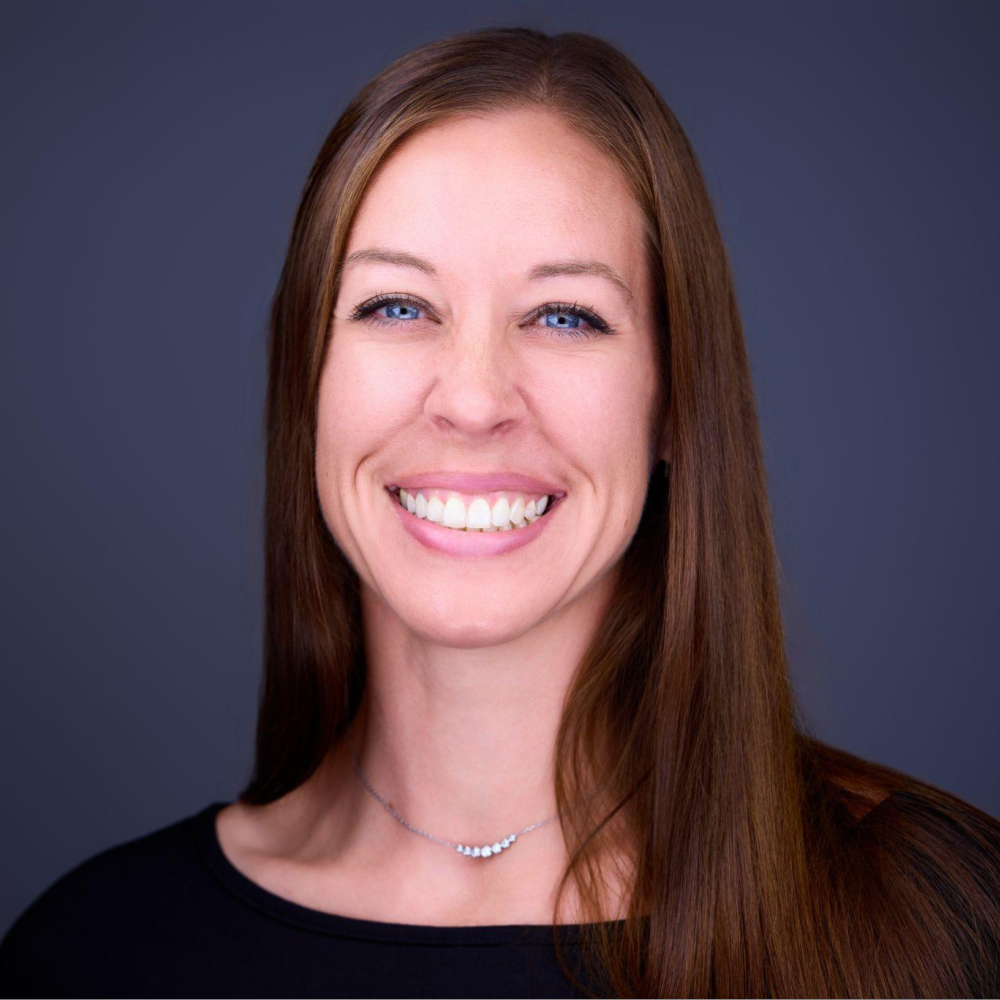
Promote Student Learning and Critical Thinking with a Reverse Case Study for General Medical Conditions
Abstract:
General medical (or non-orthopedic) conditions are often not as common for an athletic training student to gain experience with in the clinical setting compared to orthopedic conditions. This, consequently, makes it difficult for athletic training students to authentically perform an examination to formulate a diagnosis and plan of care for patients with non-orthopedic health conditions across all major body systems with confidence. However, athletic trainers are often a student athletes’ first point of contact for general medical concerns. This gap leads to a need for educational programs to incorporate opportunities for students to apply knowledge related to general medical conditions to help students gain confidence as they prepare for independent patient care as an athletic trainer. Therefore, the purpose of this model practice is to provide educators with a framework for teaching general medical conditions through the reverse case study method. This problem-based learning strategy will provide students with an opportunity to engage with each other and practice problem-solving skills while gaining confidence in how to recognize and manage patients with a general medical condition.
Learning Objectives:
- Describe the importance of implementing active learning strategies in athletic training education.
- Explain the steps in creating a reverse case study activity related to general medical conditions.
- Implement a reverse case study activity to enhance active learning related to general medical conditions.
Track: Pedagogy
Format: Model Practice
This Session is Not Eligible for CEUs.

Kimberly Keeley, PhD, LAT, ATC
Dr. Keeley is an Associate Professor in the Department of Health and Rehabilitation Sciences and serves as the Program Coordinator for the Athletic Training Graduate Program at Slippery Rock University. Prior to her current position, Dr. Keeley provided clinical services for a variety of collegiate athletic teams at the Division I, II, and Secondary School settings. She earned her Bachelor of Science in Athletic Training from Slippery Rock University, Master of Science in Recreation and Sports Science from Ohio University, and a Doctorate of Philosophy in Athletic Training from Rocky Mountain University of Health Professions. Dr. Keeley’s research interests include evidence-based practice, athletic training education, and the use of technology in the clinical setting.

